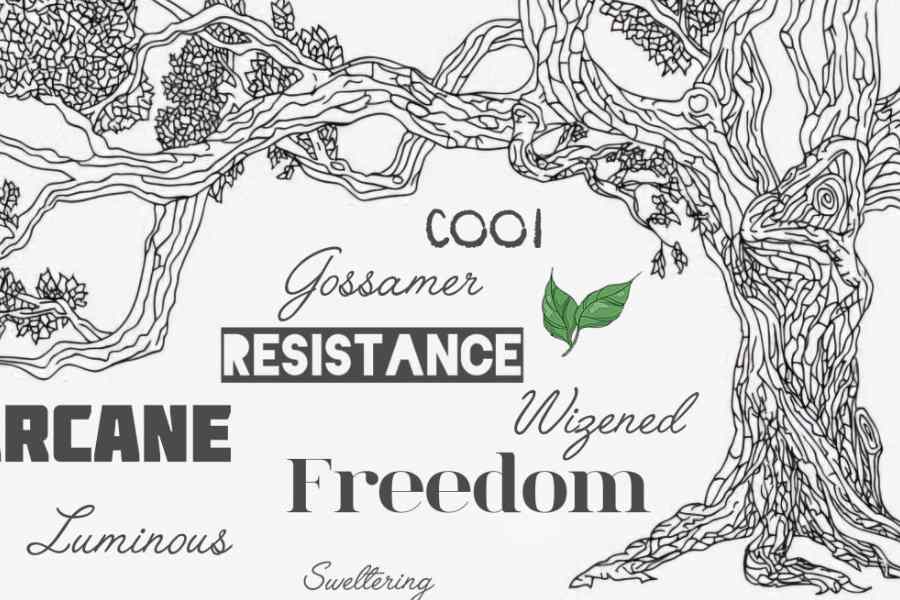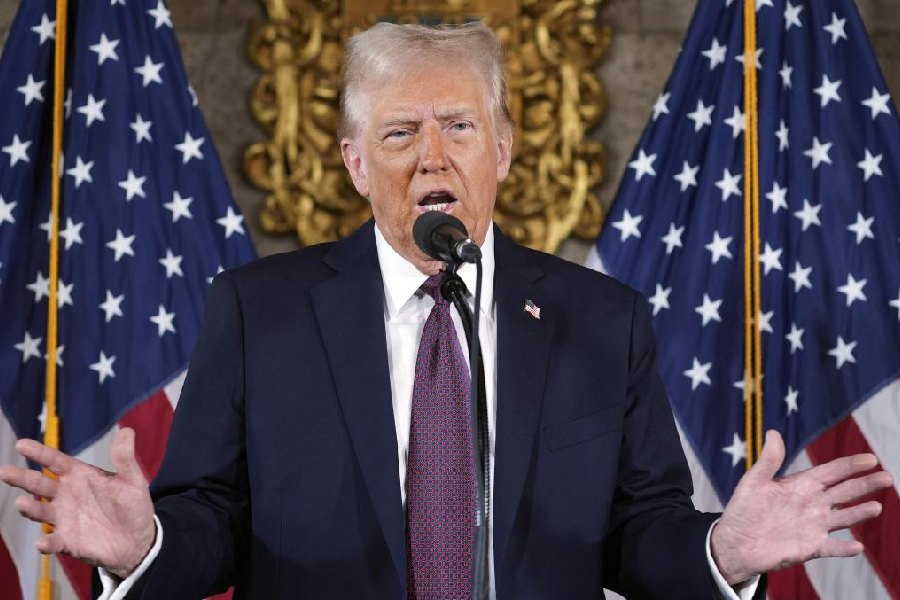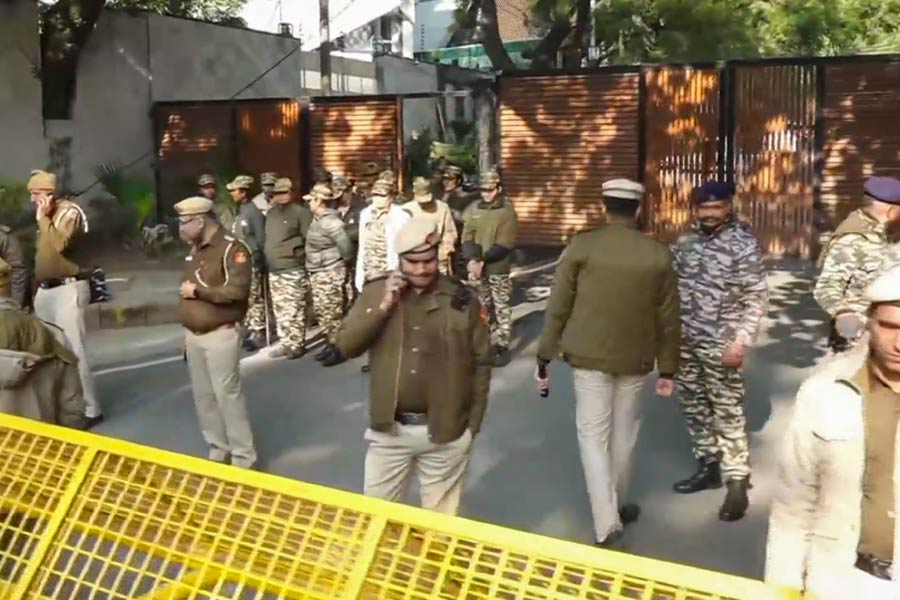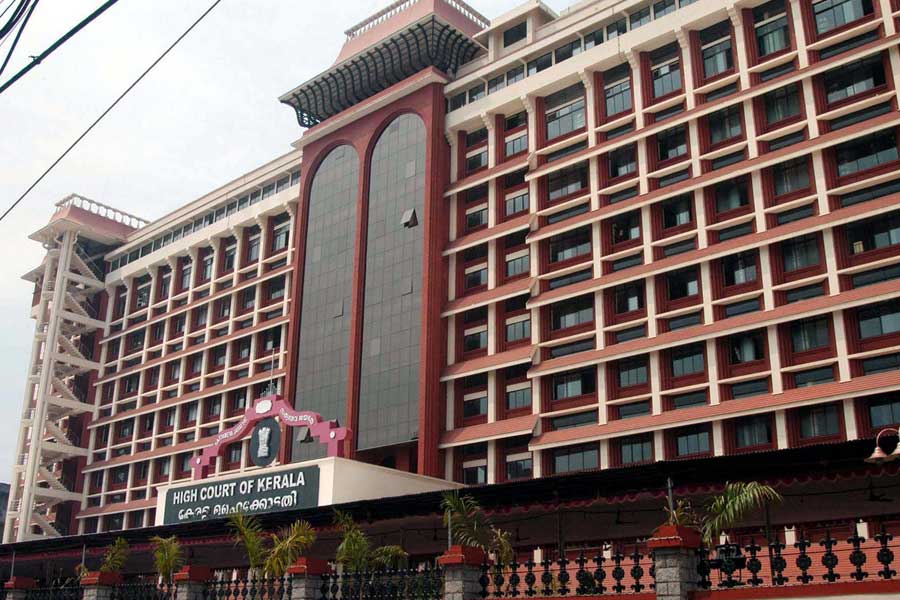WOEBEGONE’S WAREHOUSE OF WORDS
By Payal Kapadia
Hachette, Rs 399
In Woebegone's Warehouse of Words, Payal Kapadia builds a dystopian, allegorical world that will make you uncomfortable from the get-go. Facets like closely-monitored citizens, the Supreme Leader with grand promises, a section of society providing coerced labour and living in squalid conditions, widespread censorship and inflation will end up making the reader wonder if it is an alternative fantasy at all. That is what makes the book so powerfully political.
Kapadia has dealt with the theme of censorship with finesse: the transactional nature of the relationship between Speakers and Words, the inflation in the price of Words, the idea of 'Silencing' — the punishment of wiping out all of one's reserve of Words so that the Speaker can emit only meaningless sounds — the burning of books and abandonment of libraries. Word Bloc's regime is a striking amalgamation of different dictatorships, but what really shines through is the manipulative nature of Gunther Glib, the despot at the helm of things. He uses a soft voice, is almost never seen, and proclaims himself to be a saviour who always works for the 'greater good'.
The other major characters, too, provide a fascinating glimpse into the psyche of people under an authoritarian reign. Glib isolates Woebegone from the other Words and takes advantage of their history to keep him in line. Wonderful, on the other hand, is a law-abiding Word, doing her duty and making the best of her situation. Asha and Zeb are two mutinous Speakers who are disillusioned with Word Bloc and defy it with their limited resources. Luminous, Sweltering, Wizened and Gossamer are four seldom-used Words who are slowly fading because of disuse, a form of death for the Word-kind. Their rebellion, therefore, is doubly satisfying.
The societal structure of Gunther Glib's city reminds one of the different kinds of historical subjugations all around the world. The colour of the Speakers' blood is red while Words have ink flowing in their veins. Words are caged in their boxes at the warehouse under poor conditions while Speakers treat them like second-class citizens. This power disparity between Words and Speakers is skilfully illustrated in the sentence “... the sacred agreement between the Speakers and their Words… ensure the survival of the Words and the convenience of their Speakers." Class barriers are also emphasised, with often-used Words getting better treatment than less-used Words and poor Speakers being rendered speechless while those rich and close to the powers that be speak indiscriminately.
Kapadia uses some great wordplay to get larger messages across. Asha transforms into Rioter 21 from Ryter 21 because of an initial misunderstanding. And yet, the writer, indeed, is a rioter in a censored society and invokes the same feeling of dread in the despots. Even Asha's name is a bit of a wordplay, meaning hope "in some long-forgotten language", as Arcane observes.
Overall, Kapadia spins an engaging, Orwellian tale, which is a little slow in the beginning. The world building is not necessarily perfect, there are some loose ends that may not be completely satisfactory. The idea, however, is refreshing, brave and thought-provoking.










